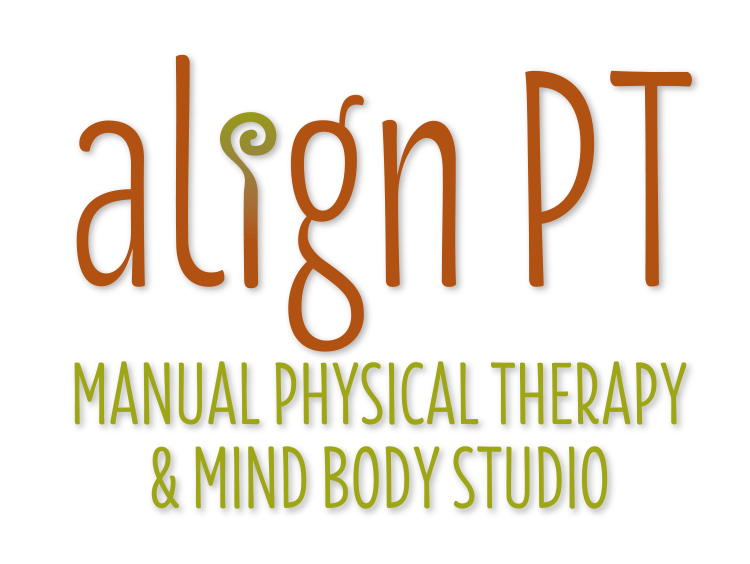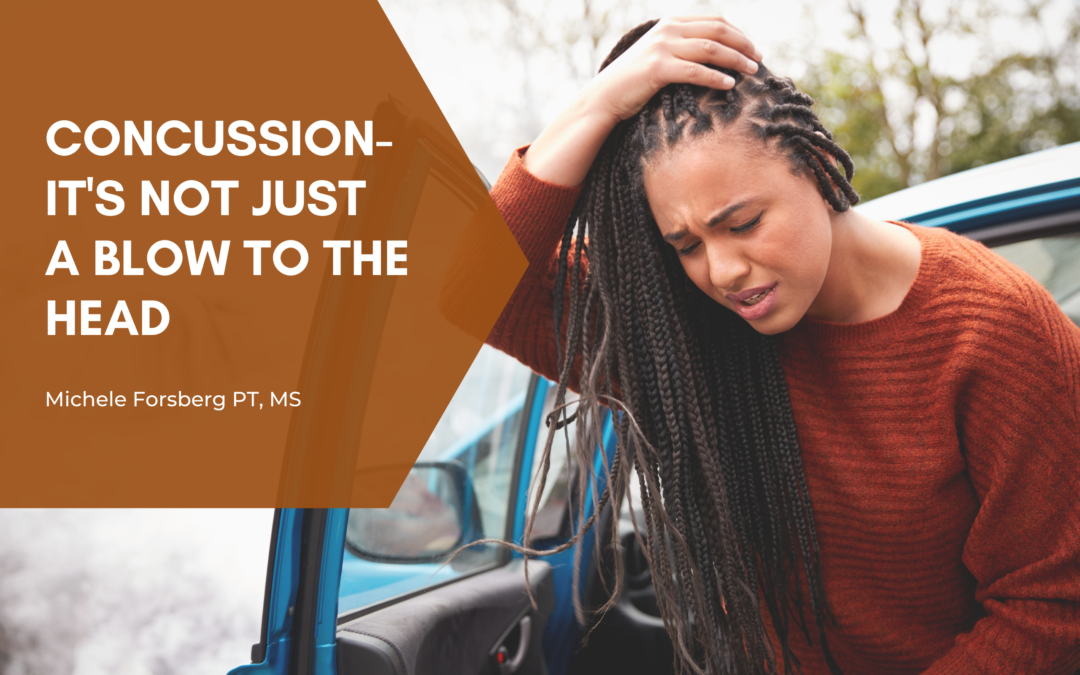When my daughter was two years old, she was sitting in her high chair and when she reached forward for her sippy cup, I realized at that very moment that the tray was not properly secured to the chair. To my horror, I watched in almost slow motion as she plunged her little body forward and slammed her delicate forehead against our kitchen table. While I consoled our sweet girl and applied ice to the lump on her head, my husband spoke with the nurse on call at our doctor’s office. I’m sure this scenario is familiar to many parents, but it still gives me the shivers to think about it. We were told to wake her up every so often throughout the night, but that may not have been the best advice as we’re learning now how important rest is for the brain when it sustains an injury like this. Did she have a concussion? It’s hard to know, but she didn’t display any of the signs and symptoms in the days or weeks that followed.
So what is a concussion exactly? Did you know that a concussion is not a structural injury to the head? It is a traumatic brain injury that causes a change in how the brain functions, a chemical change that results from either a blow or hit to the head or body that causes the head and brain to rapidly move back and forth.
Did you know that a whiplash injury can cause a concussion? The whipping action in the body caused by the rapid acceleration or deceleration of a vehicle, for instance, can jostle the brain in a front to back or side to side motion.
Concussions should be taken seriously, unfortunately, sometimes the signs and symptoms are subtle and often missed or brushed off as something else.
Things you may observe in yourself or someone else with a suspected concussion:
- Difficulty recalling events prior to or after a hit or fall.
- They appear dazed or stunned.
- Confused or forgetful, unsure.
- They move clumsily.
- Slow to respond to questions.
- Loss of consciousness (even briefly).
- Behavioral changes, mood fluctuations, weepy, behavior, or personality changes.
Signs and Symptoms
- Headache or “pressure” in the head.
- Nausea or vomiting.
- Balance problems or dizziness, or double or blurry vision.
- Bothered by light or noise.
- Feeling sluggish, hazy, foggy, or groggy.
- Confusion, or concentration or memory problems.
- Just not “feeling right,” or “feeling down”
- Sleep changes – more or less than usual
Concussion Recovery
If you or a loved one have sustained a concussion, here’s what to do:
- Get enough sleep at night and rest during the day
- Rest your brain – avoid too much brain activity
- Reduce the risk of further injury – be mindful in situations where you’re vulnerable, wear helmets and seat belts
- Make time for relaxation
- Return to activity gradually
- Avoid or limit screen time, bright lights, loud music
- Avoid more intense physical activity
- Avoid alcohol and only take drugs recommended by your doctor
Make sure you see a doctor for an evaluation if you suspect you had a concussion.
And, if you have had a concussion and are not feeling quite like yourself, are not improving as quickly as you had hoped, you may want to consider having an evaluation and some treatment with Keelin Regan-Reed PT, DPT here at our Longmont office. Keelin specializes in Neural Manipulation, which is an array of gentle hands-on techniques that can facilitate healing of the brain and spinal cord, cranial bones/sutures, and the peripheral nervous system. She’s treated many patients who have had traumas like this and have gotten great results.

